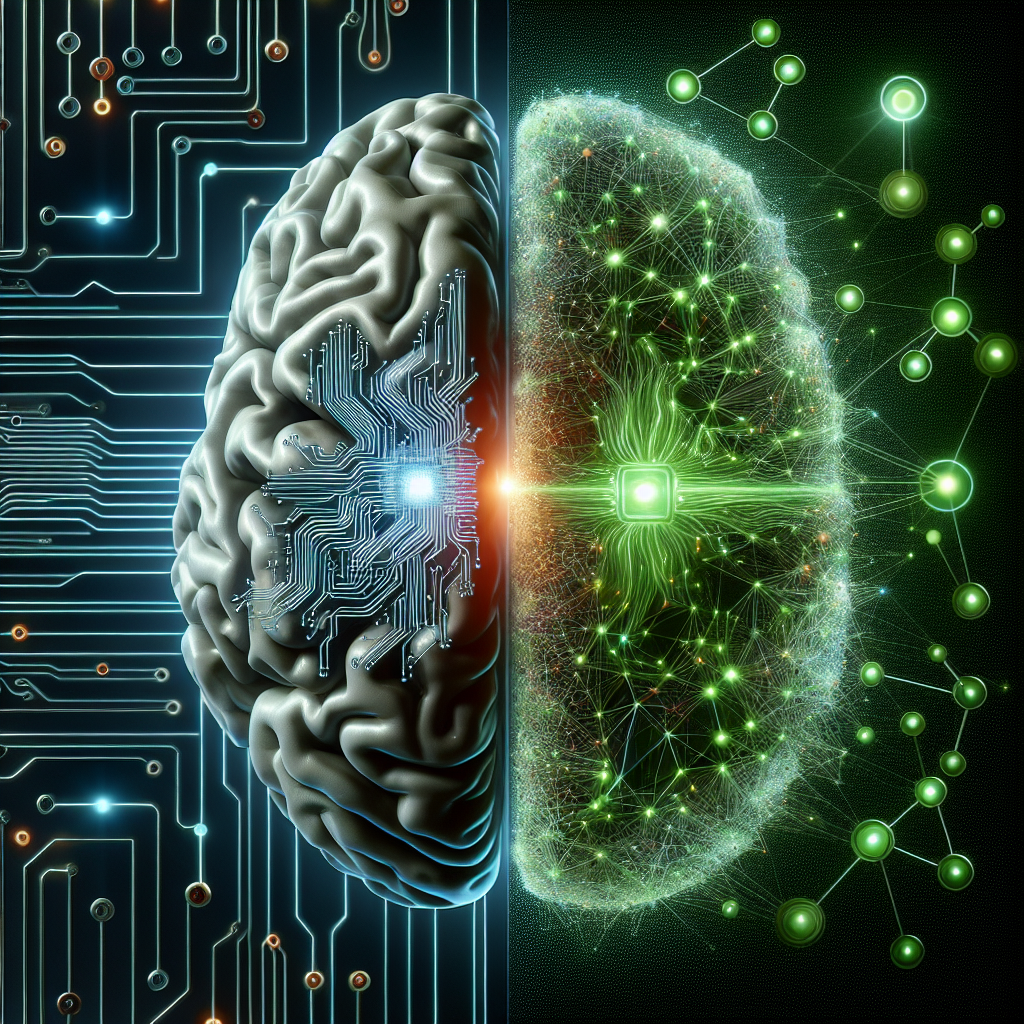Artificial General Intelligence (AGI) is a term used to describe a type of artificial intelligence that possesses the ability to understand, learn, and apply information in a way that is comparable to human intelligence. While current AI systems are capable of performing specific tasks with great efficiency, they lack the general cognitive abilities that humans possess, such as reasoning, problem-solving, and creativity. The quest for AGI is driven by the desire to create machines that can think and act like humans, with the ultimate goal of achieving human-level intelligence.
AGI has the potential to revolutionize the way we live and work, with applications in a wide range of industries, including healthcare, finance, transportation, and entertainment. However, the development of AGI also raises a number of ethical, social, and existential questions, as machines with human-like intelligence could have a profound impact on society.
In this article, we will explore the concept of AGI, the current state of research in the field, and the challenges and opportunities that lie ahead in the quest for human-like intelligence.
The Quest for AGI
The quest for AGI has been a long-standing goal in the field of artificial intelligence. While AI systems have made significant advances in recent years, they are still far from achieving human-level intelligence. Current AI systems are limited in their ability to generalize knowledge, adapt to new situations, and understand context, which are all essential components of human intelligence.
Researchers in the field of AGI are working to develop systems that can learn from experience, reason, and make decisions in a way that is similar to human intelligence. This involves creating algorithms and architectures that can mimic the complex cognitive processes of the human brain, such as perception, language understanding, and problem-solving.
One approach to achieving AGI is through the development of neural networks, which are computer systems that are designed to simulate the way the human brain works. Neural networks consist of interconnected nodes, or “neurons,” that can process and store information. By training these networks on large datasets, researchers can teach them to recognize patterns, make predictions, and solve complex problems.
Another approach to achieving AGI is through the use of reinforcement learning, a type of machine learning that involves training an AI system to perform a task through trial and error. By rewarding the system for making correct decisions and penalizing it for making mistakes, researchers can teach the system to learn from its actions and improve its performance over time.
Challenges and Opportunities
While the quest for AGI holds great promise, it also presents a number of challenges that must be overcome. One of the biggest challenges is the complexity of human intelligence, which involves a wide range of cognitive abilities, such as perception, memory, reasoning, and emotion. Developing AI systems that can replicate these abilities in a single system is a daunting task that will require breakthroughs in a number of areas, including neuroscience, computer science, and psychology.
Another challenge in the quest for AGI is the lack of understanding of how the human brain works. While researchers have made significant advances in neuroscience, our knowledge of the brain is still limited, and there is much that we do not yet understand about how the brain processes information, stores memories, and makes decisions. Without a deeper understanding of the brain, it is difficult to create AI systems that can truly mimic human intelligence.
In addition to technical challenges, the quest for AGI also raises a number of ethical and social questions. For example, what impact will AGI have on the job market, as machines with human-like intelligence are able to perform tasks that were previously done by humans? How will we ensure that AI systems are used responsibly and ethically, and that they do not pose a threat to society?
Despite these challenges, the quest for AGI also presents a number of opportunities for society. AI systems have the potential to revolutionize a wide range of industries, from healthcare to transportation to entertainment. By creating machines that can think and act like humans, we can improve efficiency, productivity, and quality of life for people around the world.
FAQs
Q: Will AGI replace human intelligence?
A: While AGI has the potential to perform tasks with human-like intelligence, it is unlikely to replace human intelligence altogether. Humans possess a wide range of cognitive abilities, such as creativity, emotion, and intuition, that are difficult to replicate in machines. AGI is more likely to complement human intelligence, by performing tasks that require large amounts of data processing or computational power.
Q: What are the ethical implications of AGI?
A: The development of AGI raises a number of ethical questions, such as how to ensure that AI systems are used responsibly and ethically, and that they do not pose a threat to society. Researchers and policymakers are working to establish guidelines for the ethical development and use of AI systems, to ensure that they benefit society while minimizing the risks.
Q: How close are we to achieving AGI?
A: While significant progress has been made in the field of AI, we are still far from achieving human-level intelligence in machines. Researchers are working on developing algorithms and architectures that can mimic the complex cognitive processes of the human brain, but there are still many technical challenges that must be overcome. It is difficult to predict when AGI will be achieved, but researchers are optimistic about the potential for progress in the coming years.
In conclusion, the quest for AGI represents a bold and ambitious goal in the field of artificial intelligence. While there are many challenges that must be overcome, the potential benefits of achieving human-like intelligence in machines are immense. By developing AI systems that can think, learn, and reason like humans, we can revolutionize the way we live and work, and create a future that is both exciting and challenging.

